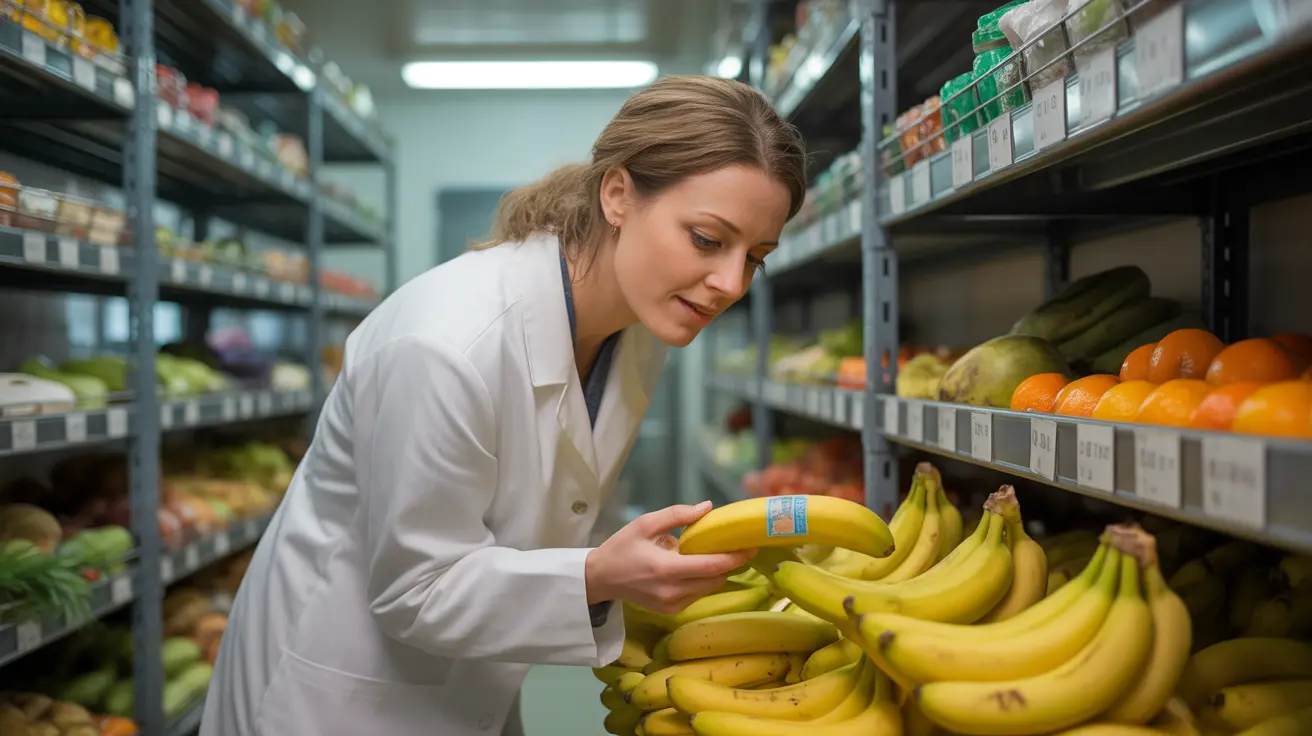Behind every meal served to hundreds of zoo animals lies a sophisticated science that goes far beyond simply providing food. The role of an animal nutritionist in zoos has evolved into a critical position that combines research, precision planning, and innovative feeding strategies to ensure optimal health and welfare for diverse species. From Houston to zoos worldwide, these dedicated professionals are revolutionizing how captive animals receive nutrition that mirrors their natural dietary needs while addressing the unique challenges of zoo environments.
This specialized field represents a fascinating intersection of veterinary science, animal behavior, and conservation biology, where every feeding decision impacts not just individual animal health but broader species conservation efforts. Understanding how zoo nutritionists work provides valuable insights for pet owners who want to apply similar scientific principles to their own animal care routines.
Species-Specific Animal Feeding: The Foundation of Zoo Nutrition
The cornerstone of modern zoo animal nutrition science lies in developing individualized diet plans that reflect each species' natural feeding patterns and nutritional requirements. Animal nutritionists spend considerable time researching wild diets, analyzing nutrient content, and continuously refining meal plans to match the physiological needs of animals ranging from tiny primates to massive giraffes.
This approach recognizes that different species have evolved unique digestive systems and metabolic requirements. For example, browsers like giraffes need high-fiber diets with specific mineral ratios, while carnivorous species require carefully balanced protein sources that provide essential amino acids. The precision required in these formulations often exceeds what many pet owners realize is necessary for optimal animal health.
Daily Zoo Meal Preparation: A Complex Logistical Operation
Zoo feeding logistics involve intricate planning that begins before dawn each day. Zoo keepers arrive early to prepare hundreds of individualized meals, following strict protocols that ensure consistent nutrition delivery while maintaining the highest food safety standards. This process involves careful portioning, inventory management, and sanitation procedures that rival those found in human food service operations.
The scale of this operation is remarkable, requiring coordination between multiple departments to ensure that fresh, nutritionally appropriate food reaches every animal on schedule. This systematic approach to meal preparation offers valuable lessons for pet owners about the importance of consistency and planning in animal nutrition.
Sustainable Animal Food Sourcing and Quality Control
Modern zoos prioritize sustainable sourcing practices, working with local and regional suppliers to reduce environmental impact while maintaining exceptional nutritional quality. This approach not only supports local agriculture but also ensures that food arrives fresh and retains optimal nutrient content.
Zoo food safety standards are rigorously maintained through regular testing, proper storage protocols, and careful supplier vetting. These practices help prevent contamination and ensure that animals receive clean, safe nutrition that supports their long-term health and well-being.
Animal Nutritional Enrichment Devices: Enhancing Natural Behaviors
Feeding enrichment for primates and other species extends beyond simple nutrition to include behavioral and cognitive stimulation. Specialized devices like giraffe feeding devices and puzzle feeders are designed to encourage natural foraging behaviors while extending feeding times to create more engaging daily routines.
These innovations recognize that how animals eat is just as important as what they eat. By incorporating enrichment devices, zoos help maintain natural feeding behaviors that contribute to both physical and mental health, creating more naturalistic experiences for captive animals.
Captive Animal Diet Formulation: Balancing Science and Nature
The challenge of captive animal diet formulation lies in recreating the nutritional benefits of wild diets using available food sources. This requires deep understanding of nutrient interactions, seasonal variations, and species-specific requirements that may not be immediately obvious.
Zoo animal health and nutrition programs continuously evolve based on new research and observed outcomes. This adaptive approach ensures that feeding programs remain current with the latest scientific understanding while addressing the unique needs of individual animals within each species.
Frequently Asked Questions
What does an animal nutritionist do in a modern zoo setting like the Houston Zoo?
An animal nutritionist develops science-based, species-specific diet plans by researching natural diets, testing nutrient content, and continuously adjusting meals to ensure optimal health and welfare for zoo animals.
How are daily animal meals prepared and managed at a zoo?
Zoo keepers prepare meals early each morning following strict food safety standards, portioning and assembling species-specific diets, while managing inventory and sanitation to maintain consistent, high-quality nutrition delivery.
Why is specialized nutrition critical for captive animals compared to wild diets?
Because captive animals often have different activity levels and environmental conditions, specialized nutrition balances nutrient needs precisely, preventing common digestive issues and promoting health in ways that reflect animals' natural foraging and physiological rhythms.
How do zoos ensure sustainability and freshness in the sourcing of animal food?
Zoos prioritize local and regional suppliers to reduce transport, support agriculture, and maintain high nutritional quality, substituting wild foods with nutritionally equivalent farmed or local alternatives when necessary.
What role do enrichment devices play in animal feeding at zoos?
Enrichment feeding devices, such as giraffe feeders and primate puzzle feeders, are designed to stimulate natural feeding behaviors and mental activity, extending feeding times and enhancing animal welfare through physical and cognitive engagement.
The sophisticated world of zoo animal nutrition offers valuable insights for all animal caregivers. By understanding the science-driven approach that animal nutritionists bring to zoo settings, pet owners can appreciate the complexity and importance of proper nutrition in maintaining animal health and well-being throughout captivity.






